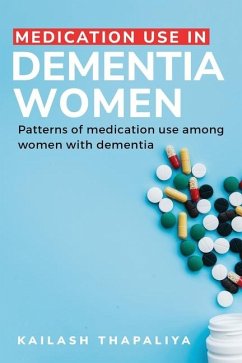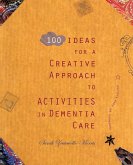Dementia is one of the biggest global health challenges of the current generation. This challenge is not only due to the nature of the disease but also the complexity of managing medications among the population. The Incidence of dementia is increasing exponentially, with a higher prevalence among women. The thesis investigated i) the prevalence of commonly used medications among women with dementia a year before and after a dementia diagnosis; ii) the implementation of medication reviews for Australian women with dementia, focusing on those living in residential aged-care (RAC) and iii) polypharmacy prevalence and polypharmacy trajectories over time among older women with and without dementia. For this research project, survey data from the Australian Longitudinal Study on Women's Health (ALSWH) 1921 - 1926 birth cohort were linked with government administrative datasets including the Pharmaceutical Benefits Scheme (PBS), the Medicare Benefits Schedule (MBS), agedcare datasets, state-based hospital datasets and the National Death Index (NDI). Advanced analytical techniques, such as Latent Class Analysis (LCA), Generalised Estimating Equation (GEE), logistic regressions and Group-Based Trajectory Modelling (GBTM) were used to investigate the aims of the thesis. Findings from the studies revealed that considerable proportions of women utilised psychotropic medications both before and after a dementia diagnosis. Among women with dementia, the use of psychotropic medications was higher for those with frailty and those living in RAC. The annual medication review was more common for women with dementia in general-and among those living in RAC in particular-when compared to women without dementia and those not living in RAC; however, the incidence of medication review was modest, indicating limited uptake of medication review services funded under the MBS.







